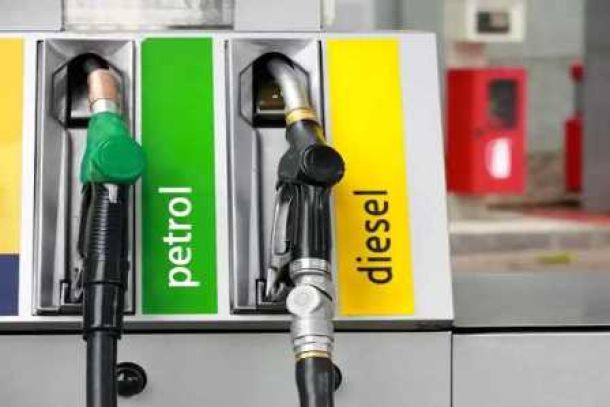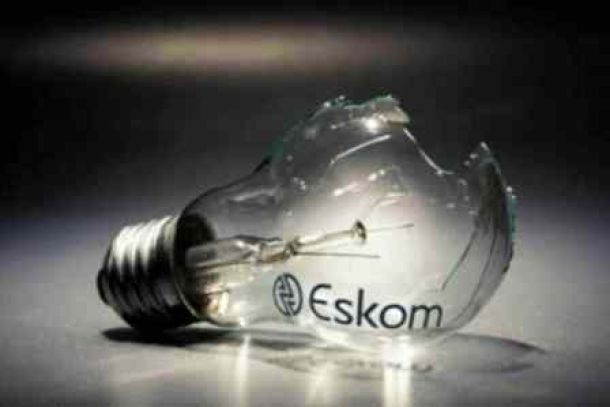Here’s the plan to fight debit order fraud in SA
The Payments Association of South Africa says it has a plan to take on unauthorised debit orders in the country, and fine the companies responsible.
Speaking to TimesLive, the group said that it will implement a system which will fine companies or groups that process debit orders R1,000 for every transaction that is not authorised by an account holder.
The system will take a statistical sample of debit orders processed and measure how many transactions were unauthorised. The company will then be fined according to that scale.
As an example, Pasa said that if 80% of the transactions in the sample are found to be unauthorised, the company will be fined R1,000 for each transaction making up 80% of its database.
The group is developing this “scientific method” so that its process can stand up in court, if challenged.
Pasa is also working with local banks to implement the Authenticated Collections Project, which will see banks sending electronic notifications to customers informing customers that they are in business with certain companies.
All new early debit orders must be authenticated electronically as from 1 October 2016, it said.
Debit order fraud in South Africa is a big problem, compounded by the onerous process involved with identifying and reversing the orders with local banks.
Until the new systems are in place, it is up to banking clients to identify and reverse false debit orders with their bank. The transactions are typically under R100 – as to avoid notifying banking clients – and any company can process the transactions with very few details needed.
According to Pasa, there are currently 33 million “normal” debit orders to the value of R61 billion processed each month in South Africa.
Additionally, 14 million Non-Authenticated Early Debit Orders (NAEDO) and 1 million Authenticated Early Debit Order (AEDO) transactions are processed early.
The group said that about 8% (1.12 million) of all NAEDO transactions are disputed.
News Category
- International retailers
- On the move
- Awards and achievements
- Legislation
- Wine and liquor
- Africa
- Going green
- Supplier news
- Research tools
- Retailer trading results
- Supply chain
- Innovation and technology
- Economic factors
- Crime and security
- Store Openings
- Marketing and Promotions
- Social Responsibility
- Brand Press Office
Related Articles

Good signs for petrol prices in South Africa

Eskom wants to hike electricity prices by up to...

Big petrol price drop tipped for July

Fuel price cuts bigger than expected


